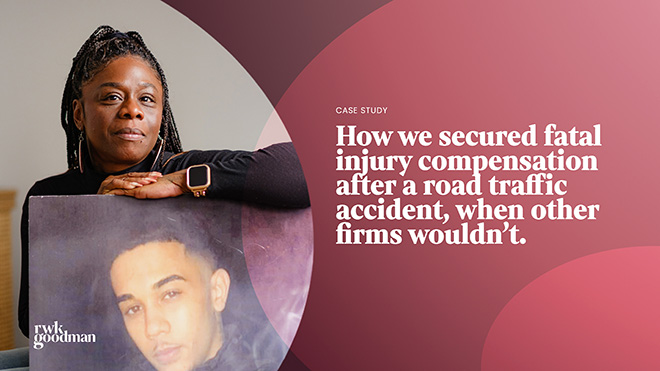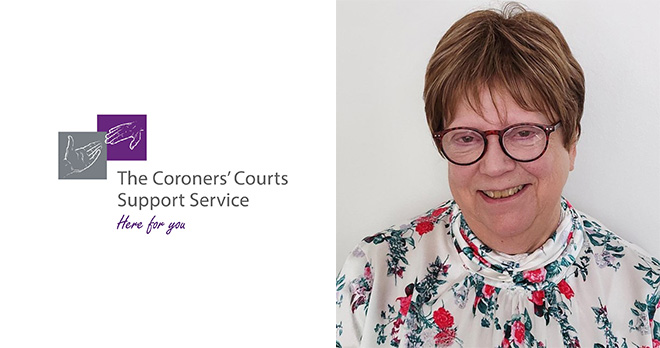Here for you throughout an inquest or fatal claim.
When someone has died, you want answers. We’re here to help you understand your options.
We’ll help your family get the answers you deserve.
The death of a loved one is devastating and can be even worse if you’re concerned it was caused by an accident or substandard care.
You may be notified there is a coroner’s inquest, or you might wish to bring a claim for damages. Here we guide you through the process from start to finish.
What is the difference between a fatal claim and an inquest?
An inquest is a fact-finding investigation, led by a coroner to determine the cause of death. An inquest is not held for every death. A coroner must conduct an investigation into a person’s death if they have reason to suspect that:
a) the deceased died a violent or unnatural death,
b) the cause of death is unknown, or
c) the deceased died while in custody or otherwise in state detention.
If an inquest is opened then the family should be notified and involved in the process.
The inquest is concerned only with determining the cause of death. It is not directly intended to apportion blame and no compensation can be recovered directly through the inquest process.
A fatal claim can either be brought after an inquest, or it can be brought in circumstances where no inquest was held, as a standalone claim.
The claims process is intended to provide compensation when someone has died as a result of negligence. To succeed with a fatal claim it has to be proven that the care/treatment was not appropriate and that the substandard treatment caused or contributed to the person’s death.
Where an inquest has been held, and evidence suggests that there was substandard treatment which caused the death, then a claim may be brought following the inquest.
The inquest conclusion (previously known as a ‘verdict’) is important but is not necessarily determinative.
As the process is different to that of a fatal claim, and different legal tests apply, it is possible for you to bring a claim even when the coroner did not identify failings during the inquest process. This is partly because the coroner’s inquiry can be much more restricted than that of a fatal claim, as the coroner is focussed only on identifying the cause of death and is not always obliged to consider wider circumstances which can be highly relevant.
For example, the coroner may wish to focus on the period of time over the hours immediately before their death to identify a cause of death. However, they may not find it directly relevant to their inquiry to consider whether the deceased ought to have been receiving different treatment over a longer period, or whether they had been transferred to the appropriate unit for their management. Both of these issues could be relevant during the process of a fatal claim.
The conclusion in an inquest can be helpful for a subsequent claim though. For example, if a coroner (or the jury) has determined that the death was caused or contributed to by acts or omissions of medical staff then this may pave the way for settlement negotiations to begin more quickly than if no critical findings were made.
As explained above, the majority of fatal claims are brought where there is no inquest hearing at all (as they are not required in all deaths). However, if it seems as though an inquest ought to be opened into the circumstances of the death of your loved one then we can advise you on how to go about this.
As set out above, the inquest is a different process to that for bringing a claim.
An inquest may provide answers to some questions you had about the circumstances of the death. However, it does not guarantee many of the other elements important to a grieving family, such as obtaining an admission of liability, an apology, or compensation to keep the household afloat following the death. A fatal claim can help to achieve these.
Many families are hugely relieved to know they can claim compensation to make up for the financial loss they have suffered. If the deceased was earning at the time of their death then their death can have a huge impact on household finances, in addition to grieving for the person who died. Equally, if the deceased was responsible for caring for children or other dependants then their death may mean that a great deal of additional care/support is required in order to look after the family. A fatal claim seeks to put you back in the same financial position you would have been in otherwise, meaning you can focus on the more important things during this difficult time.
The compensation available varies between every case.










